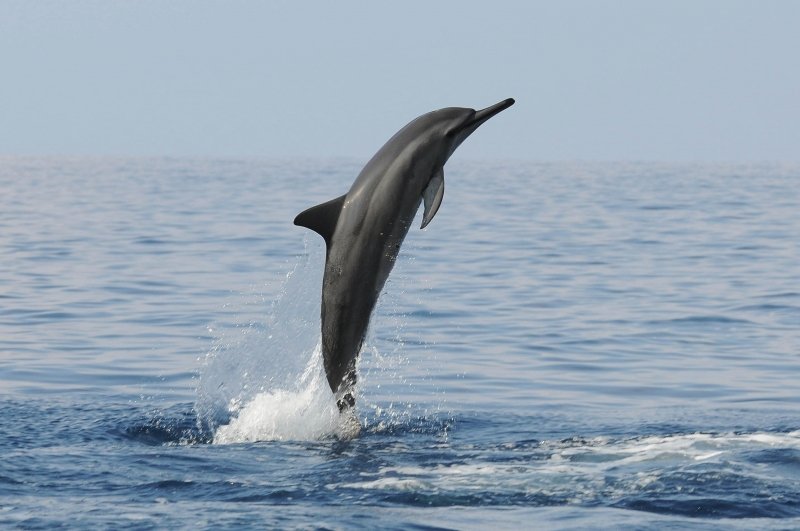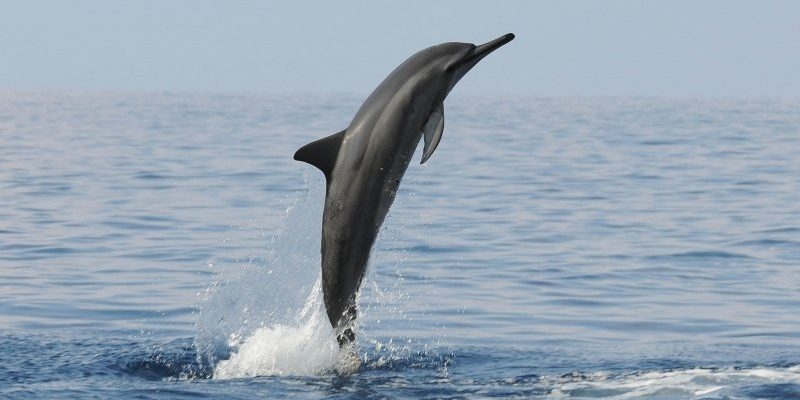
Just like any animal species, spinner dolphins play a crucial role in marine ecosystems. They help maintain the balance of their habitat, but human activities pose risks to their survival. With everything from fishing practices to climate change affecting their populations, understanding the plight of these dolphins is essential. So, what’s the current state of spinner dolphins, and how can we help? Let’s take a closer look.
What Are Spinner Dolphins?
Spinner dolphins, known scientifically as *Stenella longirostris*, are social mammals found in warm tropical waters around the world. They’re like the acrobats of the ocean, often performing impressive spins and leaps that can catch anyone’s eye. These dolphins typically gather in groups, forming pods that can range from a handful to hundreds of individuals.
What makes spinner dolphins particularly interesting is their vocalization. They communicate using a variety of clicks, whistles, and other sounds, similar to how we use words. This social behavior helps maintain strong bonds within their pods. You can think of them as having their own community, much like how we do—full of interactions, friendships, and teamwork.
Why Are Spinner Dolphins Important?
Spinner dolphins are much more than just entertainers of the sea; they play a critical role in their ecosystems. By feeding on fish and squid, they help keep populations of these species balanced. If spinner dolphins were to decline significantly, it could lead to overpopulation of certain fish species, which in turn affects the entire marine food web.
Here’s another thought: spinner dolphins help drive eco-tourism in many areas. People travel from far and wide to witness their beauty and agility. This not only generates revenue for local communities but also fosters a sense of appreciation and advocacy for marine conservation efforts. Essentially, protecting spinner dolphins means protecting a vital part of marine life and, by extension, our oceans.
Current Status: Are Spinner Dolphins Endangered?
So, are spinner dolphins endangered? The short answer is no, but with a catch. According to the International Union for Conservation of Nature (IUCN), spinner dolphins are considered a species of “Least Concern” globally. However, certain populations, especially in areas where human activities are more prevalent, face significant threats that could push them toward the edge of endangerment.
The main issues affecting spinner dolphins include entanglement in fishing gear, habitat degradation, and noise pollution from boats and industrial activities. These threats can disrupt their natural behaviors, feeding patterns, and reproduction rates. In the wild, they may experience stress and injury due to these factors, which is why monitoring their populations is crucial.
Threats to Spinner Dolphins
The challenges faced by spinner dolphins can be boiled down to several key threats:
- Bycatch: Spinner dolphins often get accidentally caught in fishing nets. This not only leads to injury but can also result in death, diminishing their populations.
- Habitat Loss: Coastal development, pollution, and climate change severely impact their habitats, making it harder for them to thrive.
- Noise Pollution: Increased boat traffic and industrial sounds can disturb their communication and natural behaviors.
Each of these threats poses a real danger, not just to spinner dolphins but to the marine ecosystem as a whole. Addressing these issues is essential for ensuring the survival of these remarkable creatures.
Conservation Efforts for Spinner Dolphins
Conservation efforts are ongoing to protect spinner dolphins and their habitats. Organizations and governments worldwide are stepping up to create and implement strategies that help safeguard these dolphins.
Many marine protected areas (MPAs) have been established where fishing and industrial activities are restricted. These zones give spinner dolphins a safe space to feed and breed without the stress of human interference. Furthermore, education plays a crucial role. Raising awareness about the importance of slow boating and reducing plastic waste can significantly lessen human impact on dolphin populations.
Additionally, researchers are continuously monitoring spinner dolphin populations. By collecting data and studying their behavior, they are better equipped to understand the challenges these dolphins face and develop targeted conservation strategies.
How You Can Help
You might be thinking, “What can I do to help spinner dolphins?” There are several ways you can make a difference, even from the comfort of your home:
- Support Conservation Efforts: Look for reputable organizations that work towards marine conservation and consider making a donation.
- Be Responsible: If you’re out on the water, always follow guidelines for wildlife viewing. Keep your distance, and avoid noisy activities that can disturb marine life.
- Spread the Word: Educate your friends and family about the importance of protecting spinner dolphins. The more people know, the more we can collectively take action.
Taking small steps can lead to significant changes in protecting these dolphins and their habitat.
In the grand scheme of things, spinner dolphins may not be classified as endangered, but that doesn’t mean they’re out of the woods. Their populations face many challenges from human activities, and ongoing conservation efforts are essential to their survival. By understanding their importance and the threats they face, we can all play a role in preserving these incredible creatures for future generations.
So, the next time you hear the splash of a dolphin in the ocean or catch a glimpse of a spinner performing its signature leap, remember that they need our help. Together, we can ensure that these amazing dolphins continue to thrive in the wild.

